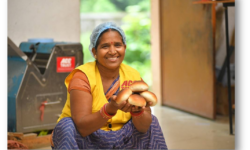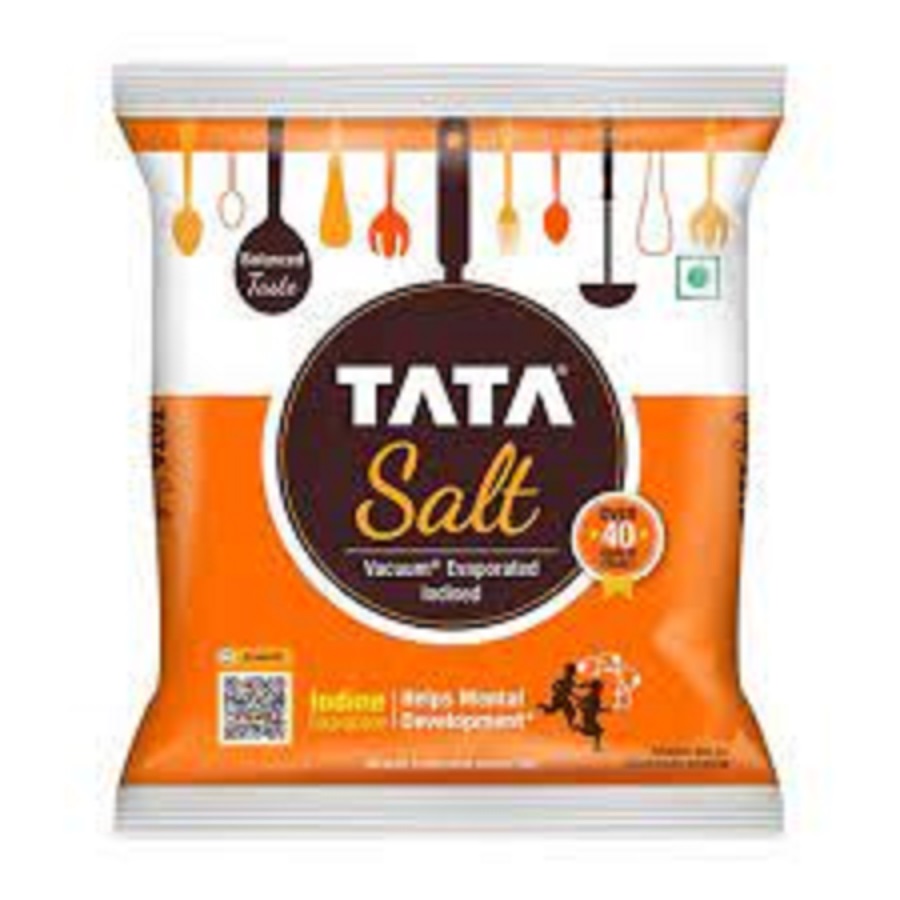
THIRUVANANTHAPURAM:
Fortified Rice Kernels (FRKs) are crucial for the country to collectively address malnutrition and anaemia as they have been scientifically proven nutritious, cost-effective, scalable and sustainable, said experts at a meeting today.
They were speaking at the stakeholders meet on FRKs organised by CSIR-National Institute for Interdisciplinary Science and Technology (CSIR-NIIST) on its campus at Pappanamcode here, a constituent laboratory of Council of Scientific and Industrial Research (CSIR).
In his inaugural address through videoconferencing, Dr H N Mishra, Emeritus Professor, (Food Technology), IIT Kharagpur, said in the pursuit of the comprehensive strategy to eradicate micronutrient malnutrition, fortification has emerged as an efficient and cost- effective alternative.
Calling for an urgent intervention, Dr Mishra said as per WHO data, about 37 percent of pregnant women and 40 percent children under five globally, suffer from iron deficiency. As per the National Family Health Survey 2021, about 58 percent of children, 57 percent of women and 22 percent of men in India are anaemic.
“To address anaemia and micro-nutrient deficiency, the Government of India allocated a total budget outlay of Rs 174.64 crore for a period of three years from 2019-20 under a pilot scheme under PM’s POSHAN Abhiyaan. It envisages distribution of fortified rice through the public distribution system,” he said.
Dr Mishra said the initiative has reached around 12 crore children and 10.3 crore women across the country. The government aims an outreach to 50 crore beneficiaries under the scheme by 2024. Commodities that are being fortified in India are milk, oil, wheat, rice and salt.
According to him, effective implementation of the fortification of rice programme requires quality control, quality analysis, regulatory standard and coordination among stakeholders.
Dr C Anandharamakrishnan, Director, CSIR-NIIST, in his presidential address, said currently, there are 18,227 rice mills equipped with rice-nutrient blending infrastructure, indicating a widespread capacity for producing fortified rice.
Citing that grain fortification has the potential to reduce anaemia and improve iron and vitamin levels, Dr C Anandharamakrishnan said CSIR-NIIST will come up with its own FRK soon.
“Since food security is a concern, we need healthier products and focus on fortification of grains. To balance over-nutrition and under-nutrition, we need to look for alternative proteins,” he said.
Suggesting that FRK is a good business to start, Dr C Anandharamakrishnan said the fortified rice market is expected to grow at a compound annual growth rate of 6.3 percent and reach a market size of $28.4 billion by 2027.
Speaking on ‘Production of fortified rice and quality control at rice mills,’ Milli Asrani, Programme Policy Officer, Food Technology, United Nations World Food Programme, New Delhi, said fortification of rice provides an opportunity to add micronutrients lost during milling and polishing. It also helps add other micronutrients such as iron, zinc, folic acid, vitamin B-12 and Vitamin A.
Noting that milling of rice removes fat and micronutrient rich bran layers to produce the commonly consumed starch white rice, she said polishing further removes 75-90 percent of Vitamin B-1, Vitamin B-6, Vitamin E and Niacin.
Commenting that food fortification is a global intervention that addresses the issue of micronutrient deficiencies, Mrs Asrani said it is scientifically proven, cost-effective, scalable and sustainable.
Citing WHO studies, she said fortification costs only $0.05 to $0.25 per person per year.
“Food fortification is the practice of increasing the micronutrient content to improve the nutritional quality of the food supply. Currently, there are more than 600 FSSAI-registered FRK manufacturers in the country. Iodisation of salt is the successful food fortification in India,” Asrani said.
The apprehension that fortified rice is plastic rice and FRK causes change in taste and smell of rice is completely baseless.
Those who spoke at various technical sessions of the event included Dr U Anuja, Head, Dept. of Community Medicine, Govt. Medical College, Thiruvananthapuram; N P Antony, MD, Pavizham Healthier Diet, Ernakulam; Samir Laud, General Manager, Premix Division, Hexagon Nutrition, Mumbai; Veera Raghavan, Manager, Hexagon Nutrition, Mumbai; H S Sivaharan, Technical Head, Techno Feeder, Chennai; and Dr M Maria Leena, Asst. Professor, SRM Institute of Science and Technology, Tiruchirappalli.
Dr P Nishy, Chief Scientist & Head, BDD, CSIR-NIIST, welcomed the gathering and Dr K Vasanth Ragavan, Scientist, CSIR-NIIST, proposed a vote of thanks.




